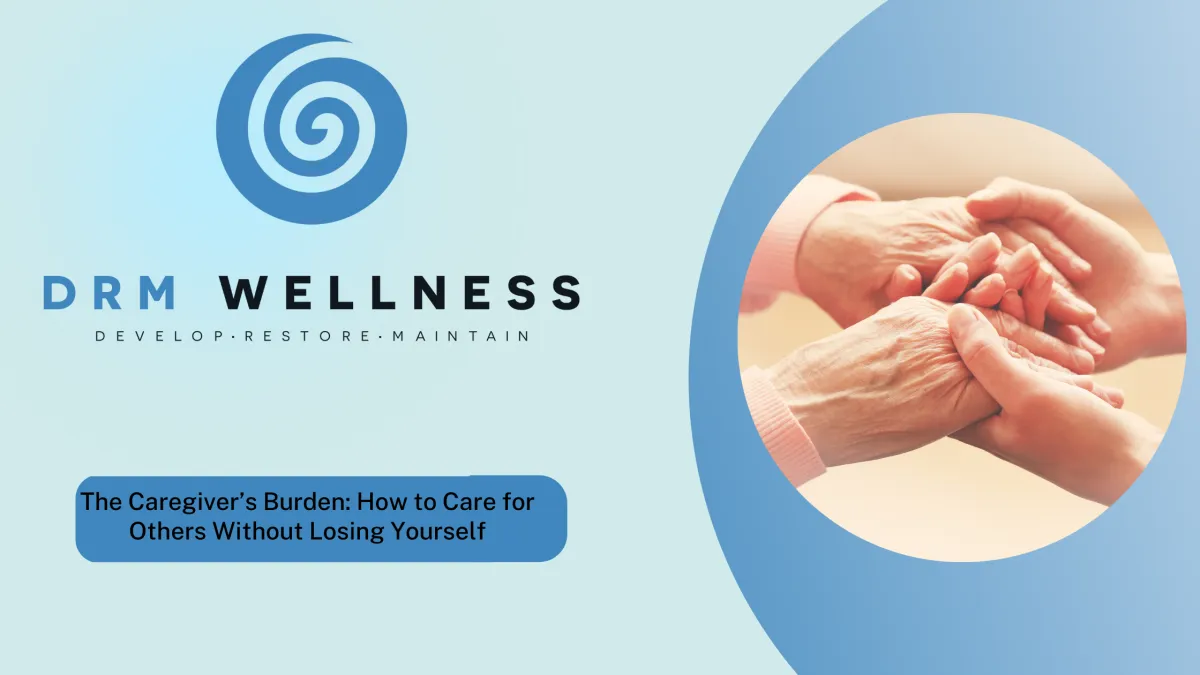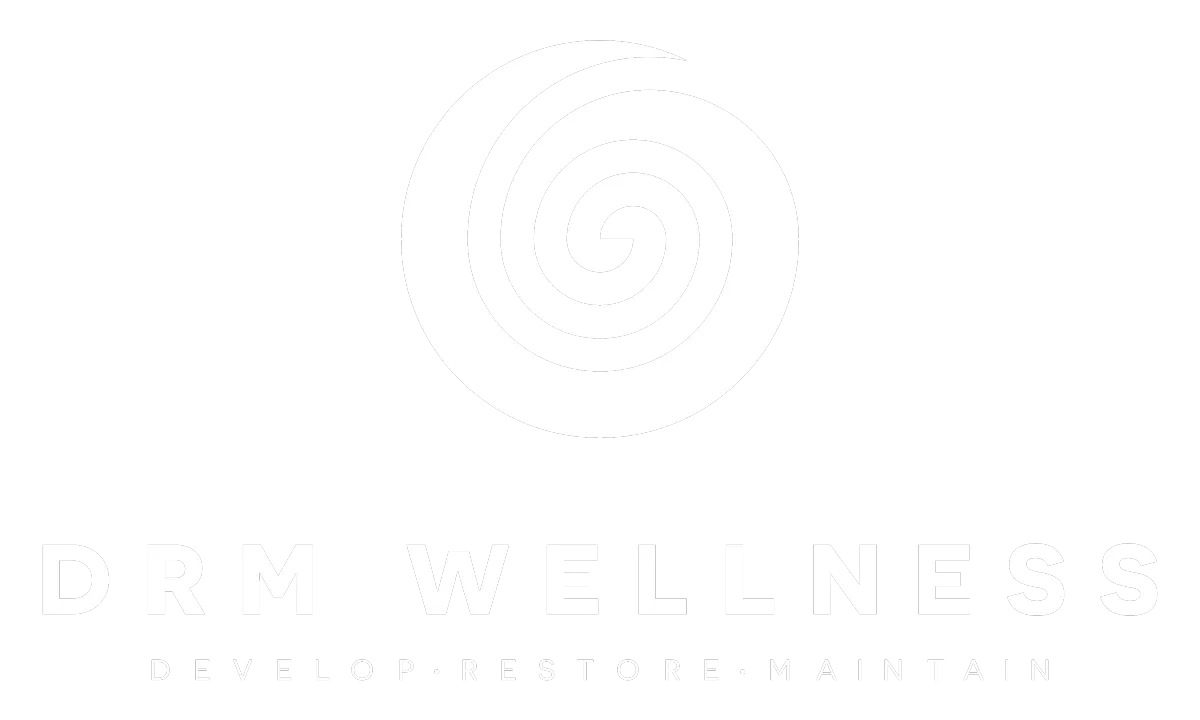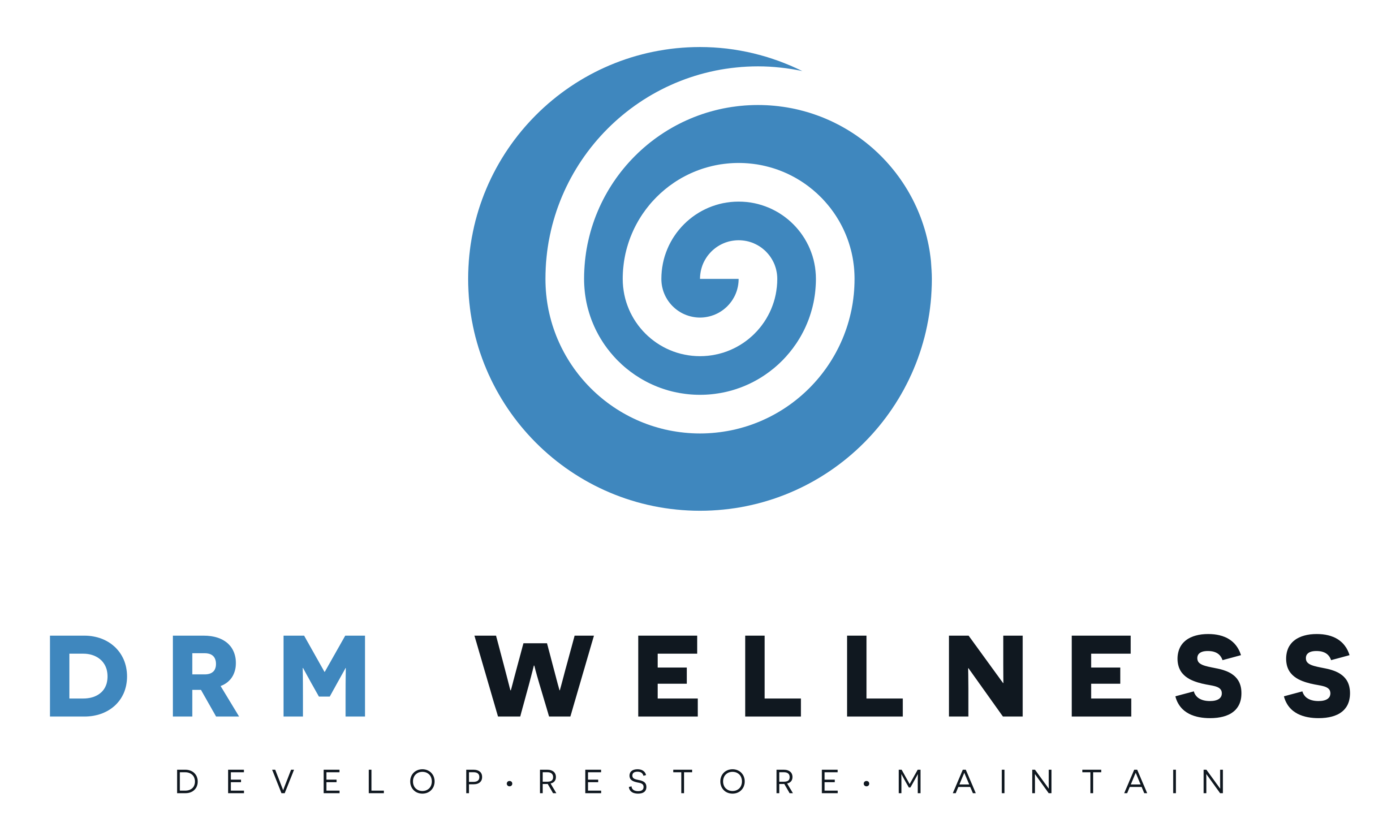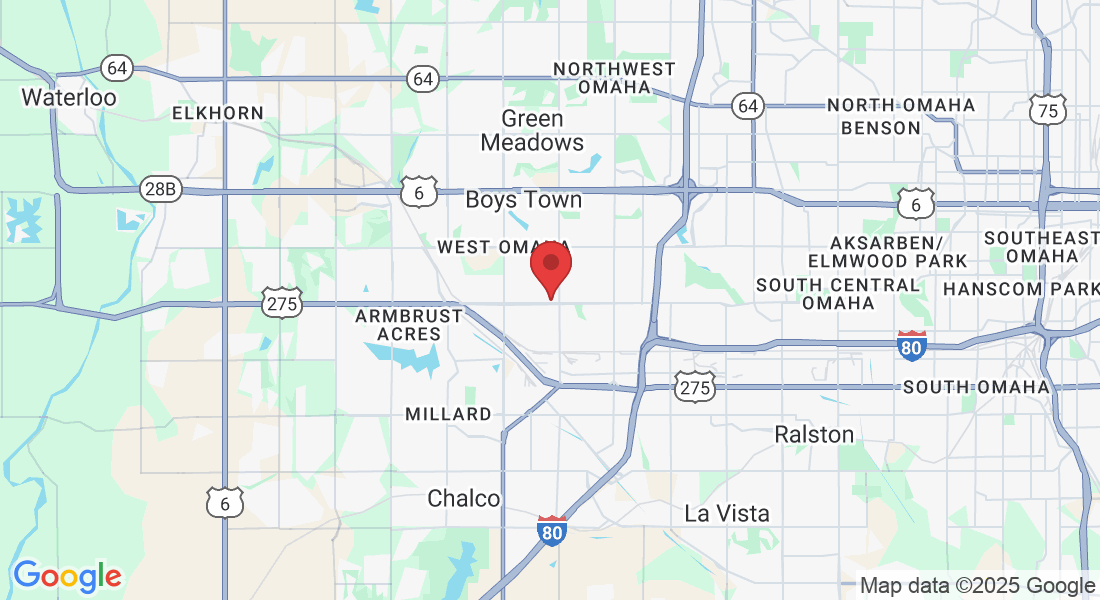Blogs
“When health meets heart, the conversation begins, and it starts here.
Knowledge that empowers. Stories that connect. Support that matters.”
~ DRM Wellness

The Caregiver’s Burden: How to Care for Others Without Losing Yourself
Caregiving has been receiving new attention lately thanks to Emma Heming Willis, wife of one of my favorite actors, Bruce Willis. In recent interviews and in her new book The Unexpected Journey: Finding Strength, Hope, and Yourself on the Caregiving Path, she shares her journey as Bruce’s primary caregiver following his diagnosis with frontotemporal dementia (FTD). It’s a powerful and emotional story. It is hard to read if you remember Bruce for his humor and talent on screen (and if you didn’t watch Moonlighting back in the day, I encourage you to jump on Hulu and check it out..especially the Season 3 episode Atomic Shakespeare, which is a true gem), and equally moving if you are a caregiver yourself or love someone facing a similar diagnosis. What struck me most is her reminder that caregiving is not just about giving endlessly to others; it’s about acknowledging your own feelings along the way. She validates the reality that it’s okay to feel what you feel, and she emphasizes a truth many caregivers forget: self-care isn’t selfish, it’s essential.
Being a caregiver is one of the most meaningful and selfless roles a person can take on, but it’s also one of the most exhausting. Caregiving isn’t a nine-to-five job. It’s early mornings, late nights, and constant interruptions to your own life. Whether you’re supporting an aging parent who wants to stay in their home, a spouse recovering from surgery, or a loved one living with a chronic condition, caregiving asks for more than time. It asks for your physical energy, emotional patience, and mental focus, often all at once.
Many caregivers step into the role willingly out of love and commitment, but what they don’t expect is the toll it can take over time. You’re juggling medication schedules, doctor’s appointments, meals, bathing, mobility assistance, and sometimes even managing finances or household tasks on top of everything else in your own life. That constant weight can be overwhelming.
And here’s the difficult truth: when caregivers put their own health last, it’s only a matter of time before the cracks begin to show. Burnout creeps in. Stress builds. Small aches turn into injuries. Resentment and fatigue start to cloud the very relationships you’re working so hard to protect.
But it doesn’t have to be that way. The truth is simple: you can’t pour from an empty cup. Taking care of yourself is not selfish... it’s essential if you want to keep caring for the people who depend on you. By investing in your own strength, safety, and wellbeing, you give yourself the tools to show up fully, consistently, and with less risk of burnout or injury.
The Hidden Cost of Caregiving
Caregiving isn’t just emotionally demanding, it leaves its mark on the body as well. Every transfer, every lift, every time you help someone in and out of bed or a chair, your muscles and joints are doing far more work than you realize. Bathing a loved one, assisting them on stairs, or catching them during a near fall can put tremendous strain on your back, shoulders, and knees. Over time, those repeated stresses add up. Without training in safe body mechanics or the use of proper equipment, many caregivers end up with chronic pain, pulled muscles, or even serious injuries that make it harder to keep providing care.
The physical load is only part of the picture. The emotional strain of caregiving can be just as heavy. When you’re constantly putting someone else first, your own needs get pushed further and further down the list. Meals are skipped, sleep is sacrificed, social connections fade. Over time, you can start to feel invisible, isolated, or trapped in a cycle that never seems to end. For many caregivers, guilt compounds the problem. Guilt for feeling tired, for wanting a break, or for admitting resentment when the burden feels too heavy.
These feelings are far more common than most people realize. Anxiety, depression, and stress-related health issues affect caregivers at significantly higher rates than the general population. The combination of physical strain and emotional fatigue is what makes caregiver burnout so prevalent and so dangerous. Left unaddressed, burnout doesn’t just impact the caregiver. It also reduces the quality of care the loved one receives.
The hidden cost of caregiving is this: when the caregiver’s health and wellbeing begin to crumble, everyone suffers. That’s why acknowledging these challenges isn’t weakness, it’s the first step to protecting both yourself and the person who depends on you.
How Occupational Therapy Can Help Caregivers
Caregivers often feel like they have to figure everything out on their own, but you don’t have to. This is where occupational therapy makes a real difference. At DRM Wellness, we recognize that caregivers are just as important as the people they’re supporting. That’s why we provide tools, training, and strategies designed to protect your health while making caregiving safer, easier, and more sustainable.
Safe body mechanics training: Every lift, transfer, or reposition puts stress on your body. Without guidance, caregivers often injure their backs, shoulders, or wrists while trying to help their loved ones. We teach proper techniques for moving and lifting so you can protect yourself while still supporting the person you care for. These skills can prevent injuries that might otherwise sideline you completely.
Adaptive equipment solutions: Caregiving doesn’t have to be done with sheer strength and willpower. Small pieces of adaptive equipment like transfer boards, shower chairs, grab bars, gait belts, or even mechanical lifts can make the difference between constant strain and a safe, manageable routine. We help you identify the right tools for your situation and teach you how to use them with confidence.
Home safety evaluations: Often, the home environment creates unnecessary hazards that increase your workload. From poor lighting to cluttered walkways to bathrooms not built for safety, simple modifications can dramatically reduce risk. We walk through the home, spot the problem areas, and create practical solutions that keep your loved one safe and reduce the physical and emotional strain on you.
Energy conservation techniques: Caregiving days are long and demanding. When you’re exhausted, mistakes and accidents are more likely. We teach you how to pace your tasks, alternate between high- and low-energy activities, and use strategies that prevent burnout. This way, you can maintain your own stamina while still meeting the demands of caregiving.
Emotional support and strategies: Sometimes caregivers just need someone to acknowledge how hard the role truly is. We provide not only physical strategies, but also support for the emotional side of caregiving. That means helping you set healthy boundaries, learning when and how to ask for help, and giving yourself permission to take breaks without guilt. Because your health and happiness matter, too.
With the right training, tools, and support, caregiving becomes more sustainable. Occupational therapy doesn’t remove the challenges, but it equips you to face them with less stress, less risk of injury, and greater confidence. At DRM Wellness, our mission is to care for caregivers, because when you’re supported, everyone benefits.
Caring for You, Too
When you’re in the middle of caregiving, it’s easy to believe that your health doesn’t matter as much as the person you’re caring for. But the truth is, your wellbeing is just as important. If you burn out, get injured, or become too exhausted, you can’t provide the level of care your loved one needs. I am going to say it again because it is important....Taking care of yourself isn’t selfish. It’s a necessary part of being an effective caregiver.
Here are a few small but powerful steps you can take right now:
Schedule short movement breaks throughout your day. Caregiving often means hours of sitting with your loved one or long stretches of physically demanding activity. Both extremes can take a toll on your body. Even five minutes of stretching, a short walk around the house, or gentle chair exercises can help reset your muscles, improve circulation, and give your mind a moment to recharge.
Prioritize sleep as much as possible. It may feel impossible with nighttime care routines or constant worry, but fatigue magnifies stress and increases your risk of injury. Try creating a sleep routine that works for you, even if it means short naps during the day or asking someone to step in for a night so you can get uninterrupted rest. Sleep is one of the most powerful tools you have for protecting both your physical and mental health.
Accept help when it’s offered and ask for it when it’s not. Many caregivers feel like they have to “do it all” or that asking for help is a sign of weakness. The reality is, caregiving isn’t meant to be done alone. When a friend offers to sit with your loved one for an hour, say yes. If family members live nearby, let them take on errands or tasks. And if no one is offering, don’t be afraid to reach out and ask. Building a support network lightens the load and makes caregiving more sustainable.
Non-medical caregiving support – There are many non-medical care companies that provide respite and support for caregivers. Not all are private pay and many can bill insurance for their services. Several don’t even require a set number of hours per month. At DRM Wellness, we partner with several agencies here in Omaha and can recommend trusted providers. Even a short break matters: whether it’s taking a nap uninterrupted, grabbing a snack at your favorite coffee shop, going for a drive, or just sitting in your car in the driveway listening to a podcast, knowing your loved one is safe and cared for gives you the reset you need.
Connect with support groups or communities. Caregiving can feel incredibly isolating, but you are not alone. Support groups, whether local, through healthcare providers, or even online, give you the chance to connect with others who truly understand what you’re going through. Sharing experiences, tips, and encouragement can reduce stress and remind you that you don’t have to carry this role in silence.
Caring for yourself doesn’t mean you’re caring less for your loved one. In fact, it’s the opposite. When you are stronger, rested, and supported, you’re able to provide better care. Your health and happiness are part of the caregiving equation and they matter.
You Don’t Have to Do This Alone
Caregiving can feel like an endless road you’re walking by yourself, but it doesn’t have to be. At DRM Wellness, we believe caregivers deserve just as much care and support as the people they look after. You shouldn’t have to sacrifice your health, your independence, or your peace of mind to provide quality care.
We’re here to stand beside you. Whether it’s teaching you safe ways to lift and move your loved one, showing you how to adapt a home for safety, or simply giving you strategies to protect your own wellbeing, we help you build the tools and confidence you need to keep going strong.
When caregivers are supported, everyone does better. Your loved one benefits from safer, more consistent care, and you gain the strength and balance to continue in this role without losing yourself along the way.
You don’t have to shoulder the burden alone. Let us help you create a plan that protects both you and the person you love.
Take The Next Step with DRM Wellness
Testimonials

MEDICAL DISCLAIMER:
All information on this website is intended for instruction and informational purposes only. The authors are not responsible for any harm or injury that may result. Significant injury risk is possible if you do not follow due diligence and seek suitable professional advice about your injury.
No guarantees of specific results are expressly made or implied on this website.
Copyright © 2025 All Rights Reserved by DRM Wellness.



Facebook
Instagram
LinkedIn
Youtube
TikTok